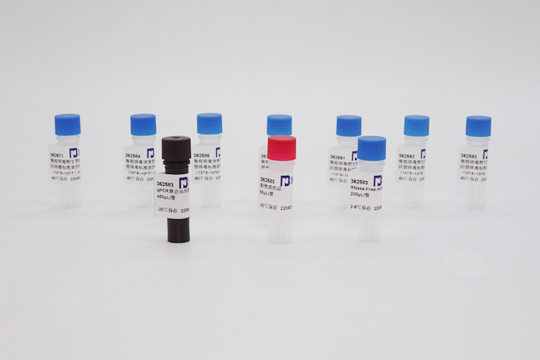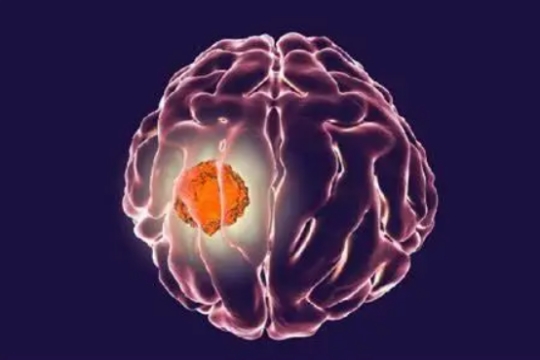BNCC Honestly Invites Global Agents
Published:2024-07-11 17:47
Editor:BNCC
BNCC is actively seeking global agents to join our ranks. We sincerely extend an invitation to talented individuals and organizations to become our agents, exploring global markets together. You can see more details on https://www.bncc.com/
Email: info@bncc.com
Whatsapp: +44 7421898692
BNCC Introduction
BNCC was founded in 2010. It is a high-tech enterprise focusing on scientific research of cells, microbial species and standard materials, integrating research and development, production and application. With 10000 square meters of floorage ,4000 square meters of laboratory area,and 2000 squares meters of BSL-2 laboratory, BNCC has complete infrastructure for strain cell collection and management,such as industrial microbial strain center, tumor cell center, virus center,fungus and bacteria preparation center,laboratories for PCR nucleic acid detection and sequencing.
Product and Service
BNCC provides the standard strains, quality control strains, competent cells, cell lines, cell DNA. cell culture medium, plasmids, biological standard substances, nucleic acid quality control products, protein quality control products etc. At the same time, we provide one-stop technical services such as microbial species isolation and preservation, microbial species purification and identification, microbial quantitative detection, microbiological physiological and biochemical analysis, cell culture and preservation,STR identification, mycoplasma detection, and cell genomic DNA customization, etc.
If you are willing to join BNCC, please feel free to contact us for more details. We are looking forward to your joining.

 info@bncc.com
info@bncc.com
 - English
- English
 - Japanese
- Japanese



